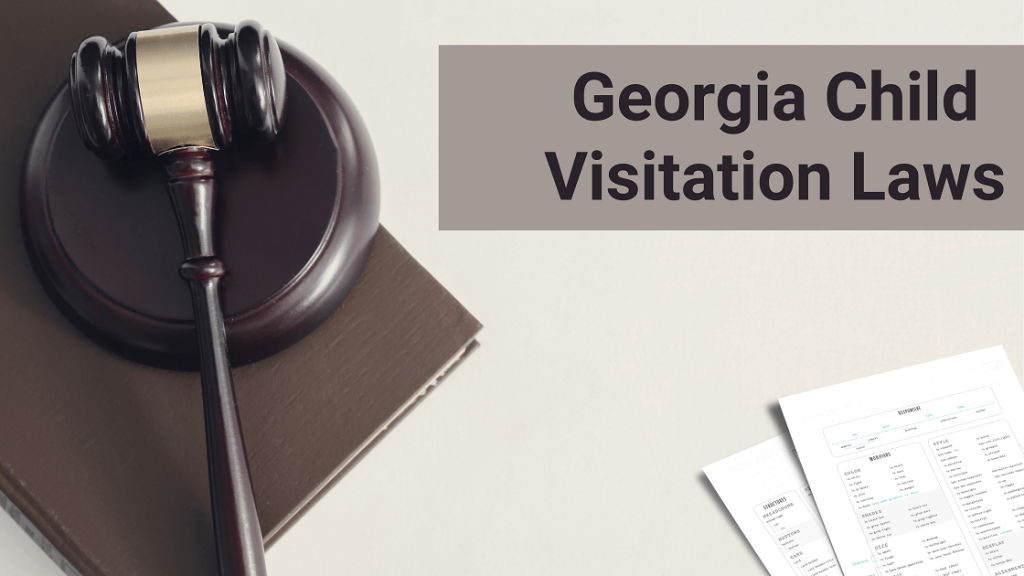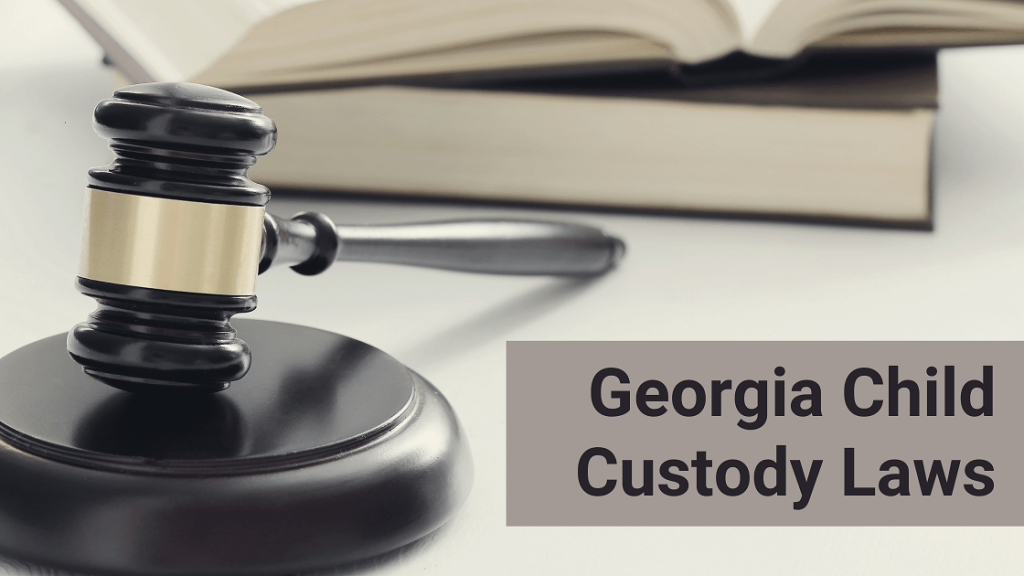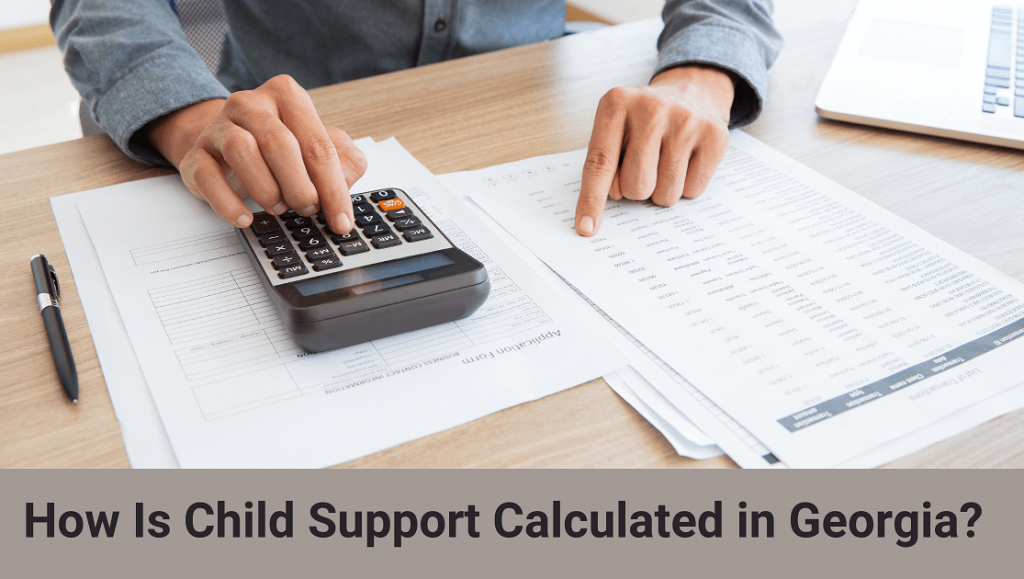Table of Contents
ToggleWhen getting a divorce, parents need to decide on who the child is going to live with, and who will make important decisions on their behalf. In other words, they need to determine who will have physical and/or legal custody, and whether they will share any of it. If physical custody is provided to only one spouse, the other one is still eligible to visit their kid as per Georgia visitation laws that are based on the child’s best interests.
Visitation Rights in Georgia
Child laws in Georgia regulate who is eligible to have visitation rights and how much time the parent who is granted these rights can spend with their kids. In general, courts are inclined to give both spouses joint legal custody in Georgia, i.e., a right to make important decisions in children’s lives.
However, there are a lot of cases when only one parent becomes a custodial one and has sole physical custody, i.e., a child lives with them either exclusively, while the other spouse becomes a noncustodial parent and obtains parental visitation rights.
What Is Visitation in Georgia?
According to Georgia custody laws, the noncustodial parent has a right to visit their kid and spend time with them as they used to before the divorce, with rare exceptions.
In this case, there is a specific visitation schedule put in place that can be agreed upon by both parents if their divorce is amicable or ordered by court if it is not.
It is unlikely that the judge will deny visitation rights, and them may only do so in severe cases where a parent is extremely irresponsible, abusive, or overall dangerous.

Visitation Schedules and Custody Agreements
Visitation is based on a schedule in which the couple or the court decides how much time the kid is going to spend with a noncustodial parent. This schedule may detail:
- Who will have the child at specific date and time;
- Where the exchange or pickup spots will be;
- Any conditions parents believe are in best interests of their kids.
Spouses need to develop this plan taking the child’s needs and wishes into account and then present it to the judge. In general, courts prefer when spouses cooperate and reach agreement on custody and visitation.
The more disputes there are between spouses – the more detailed the judge may ask the schedule to be in order to avoid post-divorce arguments.
In case spouses cannot come to an agreement, each of them may present their own schedule and justification for it. The judge will consider all the factors and make a decision on which plan to implement. Alternatively, plans may be combined.
What is Included in a Visitation Schedule?
According to custody laws in Georgia, while developing a schedule, the couple has to decide how much time the kid spends with each parent:
- On weekends and weekdays;
- During school breaks;
- On holidays, special occasions, and vacations.
The courts of the state allow spouses to develop the schedule as they see fit and may modify it only if they see a better option for the kids.
Create a free account to check your eligibility for divorce. Preparing legal forms is never easy, but we can help you on every step of the process.
Supervised Visitation
Supervised visitation is a meeting of a non-custodial parent with his or her kid that is closely observed by a third party.
The supervisor in this case is a social worker or a child care professional. This person watches the interaction between the parent and the kid to ensure that it does not affect the well-being of the latter, and has a right to interfere if it does.
When are Supervised Visitations Ordered?
According to O.C.G.A. § 19-9-7, supervised visitation in Georgia is ordered when there were cases of family abuse, domestic violence, child abuse and neglect, or drug or alcohol abuse. The court-ordered visitation cannot be denied to a parent, and can only be modified if the other one files the appropriate paperwork.
Supervised visitations are granted as the courts of the state are generally inclined to helping children maintain relationships with both of their parents. However, there is always a third party present to guarantee that such meetings take place in a safe and protected environment.
Violating Child Visitation Orders
According to Georgia family law, in case any parent violates child visitation rules, he or she will be held accountable. Either parent can file a motion against the other one, serve him or her, and wait until the hearing date is arranged.
If the case the violation was proven, the party that is held liable might be granted to take up parenting classes or even face fines or jail time. There can also be some changes to the visitation schedule and transportation arrangements. Besides, the party found guilty can be ordered to cover all the legal fees and costs incurred as a result of the violation.
Visitation Rights of Other Parties in Georgia
Georgia laws allow a third-party family member, such as grandparent, great-grandparent, and parent’s siblings to petition for visitation rights.
However, in GA, grandparents rights can only be obtained if the conditions below are met:
- Parents of the kid are separated or divorced.
- Grandparent rights are in the child’s best interests.
- Health and/or well-being of the kid would be harmed without visitation.
When making decisions, courts focus only on children and the effect any actions can have on them, not on the third parties.
Note that visitation is not synonymous with custody, and grandparents seeking custody over their grandkids need to have solid grounds to do so. Therefore, it is best to get a consultation from a legal expert before filing any paperwork with a court.



